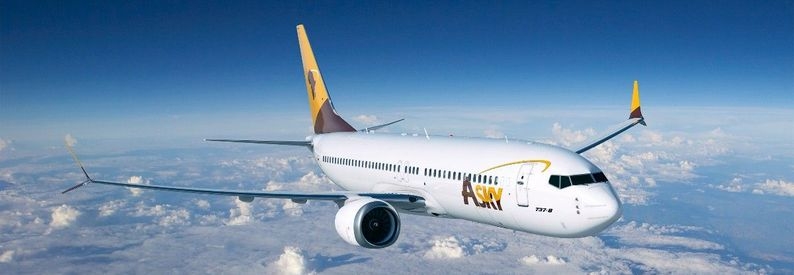
As Air Senegal announced the expansion of its fleet on October 3, an internal audit has revealed serious suspicions of fraud in ticket sales, highlighting the turbulent reality behind the airline’s optimistic communications.
The company celebrated the upcoming arrival of a third Airbus A320, the return of an ATR 72-600 to service, and the delivery of a third L410-NG by the end of the year, framing these moves as efforts to “strengthen its fleet to meet the growing demand for mobility in Africa.”
Yet, barely a day before, L’Observateur exposed an internal audit, dated March 27, 2025, pointing to significant irregularities in direct ticketing and revenue collection.
The report alleges that employees manually altered fares and codes generated by the reservation system.
While some implicated staff have reached amicable settlements, others dispute the claims.
Since 2021, Air Senegal’s ticketing platform has been connected to Amadeus, an international auditing tool tracking all transactions, meaning that discrepancies are traceable.
This revelation comes as the airline faces chronic financial strain.
CEO Tidiane Ndiaye acknowledged a debt exceeding 100 billion CFA francs, although some experts estimate it to be as high as 500 billion CFA francs. Despite over €275 million of public funds injected since 2018, losses continue to accumulate, prompting mounting concerns among creditors.
Compounding the crisis, a dispute with Carlyle Aviation Partners led to the repossession of four Airbus aircraft due to unpaid leases and maintenance lapses. Carlyle is now demanding 20 billion CFA francs for the planes, aggravating operational disruptions and flight cancellations.
Meanwhile, five L410NG aircraft, acquired under the previous regime and sold to Air Senegal for a symbolic franc, remain grounded due to a lack of trained personnel and oversight.
Allegations of conflicts of interest also surround CEO Ndiaye, whose private company represents Air Senegal competitors, raising further questions about governance.
Passengers continue to bear the brunt, experiencing long delays, cancellations, and lost luggage, while fleet expansion announcements contrast sharply with the airline’s ongoing operational and financial scandals.
With a staff-to-aircraft ratio far exceeding international standards and flight regularity at only 35%, Air Senegal faces a critical juncture. State intervention appears increasingly necessary to prevent potential bankruptcy, even as management awaits the results of a comprehensive government audit.
Senegal now confronts a stark dilemma: continue funding a struggling national airline or risk the disappearance of its flag carrier amidst persistent financial and operational turmoil.



